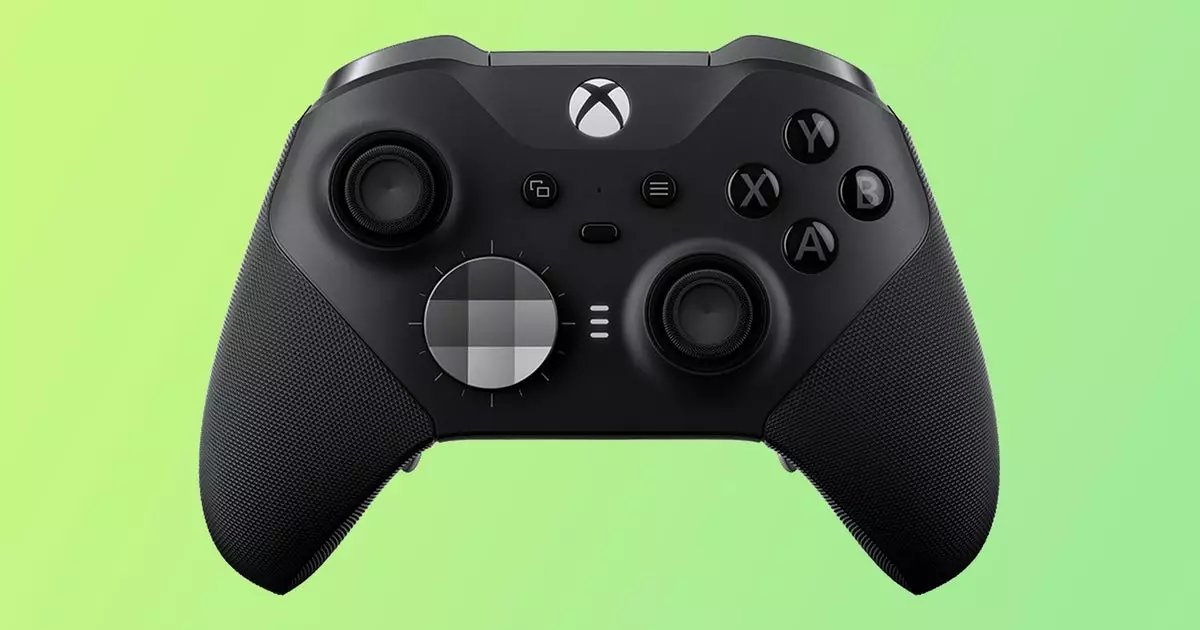The Boycott, Divestment and Sanctions (BDS) movement is once again capturing public attention, urging consumers to take a stand against corporate involvement in geopolitical strife. This time, the target is Microsoft. The BDS coalition has called for gamers and tech enthusiasts alike to terminate their subscriptions to Game Pass and boycott franchises such as Minecraft and Call of Duty. The rationale for such a drastic measure stems from recent allegations that Microsoft has been complicit in aiding the Israeli military, particularly during its operations in Gaza, where significant civilian casualties have been reported. The situation presents a moral dilemma for consumers: should their love for gaming outweigh their ethical considerations?
Unveiling the Controversy
Recent investigative reports from reputable sources, including the Guardian and +972 Magazine, have shed light on Microsoft’s alleged business ties with the Israeli military. The controversy escalated following revelations that Microsoft’s Azure cloud computing and artificial intelligence technologies were utilized in military operations, raising troubling ethical questions. After a series of violent events beginning in October 2023, an investigation claimed that Microsoft had expanded its dealings with Israel’s defense apparatus, igniting calls for accountability and action from activists worldwide.
The crux of the allegations centers on two vectors: technological support and strategic data management. Documents suggest that Microsoft provided essential computing services to the Israeli Defense Forces (IDF) that extend beyond administrative functions, potentially facilitating military operations and intelligence gathering. As consumers grapple with this information, they are faced with a pressing question: can they continue to support a company that allegedly supports military actions resulting in humanitarian crises?
Activism in the Digital Age
The BDS movement has gained traction in various spheres, but its recent focus on Microsoft marks a pivotal moment that aligns activism with the gaming community. Driven by former Microsoft employees—who faced repercussions for advocating Palestinian rights—the movement is leveraging the power of social media to amplify its message. This digital activism underscores the changing nature of protest; it is no longer limited to traditional forms of demonstrations but has expanded into the realm of consumer choices and online influence.
Boycotting gaming products may seem like a niche form of activism, yet it highlights a burgeoning consciousness among consumers regarding the socio-political implications of their purchases. In an age where most interactions take place in virtual environments, the overlap between corporate responsibilities and gamer ethics is increasingly pronounced. Should consumers bear the burden of awareness, or is it the role of corporations to operate with ethical considerations at the forefront of their business strategies?
The Power of Collective Action
Boycotts are not simply gestures; they represent the collective will of individuals who refuse to accept complicity in human rights violations. The BDS movement’s historical successes lend weight to its current campaign against Microsoft. For instance, previous campaigns targeting corporations with ties to oppressive regimes have shifted corporate practices, forcing companies to reassess their partnerships and ethical standards. The fact that Microsoft divested from investments in facial recognition technology when faced with similar public outcry indicates that collective action can yield tangible results.
Digital gamers comprise a substantial demographic that thrives on community and shared experiences. The call to boycott is rooted in a sense of solidarity, as players are encouraged to view their gaming habits not merely as personal leisure but as acts of political defiance. In an industry that often emphasizes profit over principles, this movement is a call to introspection and resistance, prompting consumers to question the moral implications of their entertainment choices.
Pushing for Transparency
As the discourse around this boycott evolves, it raises further questions about corporate transparency and accountability. While Microsoft has yet to publicly address these allegations, its silence speaks volumes in a world that increasingly values ethical considerations in corporate practices. The combination of technology and warfare creates a precarious situation—one that demands clear ethical standards and operational transparency.
As consumers become more educated about corporate behavior, they wield greater power than ever before. The decisions gamers make today could resonate far beyond the realm of entertainment, influencing corporate behaviors and fostering an awareness that transcends borders. This ongoing conflict reveals not only the conflict in a war-torn region but also the potential for individual action to shape corporate ethics in the gaming industry and beyond.
The BDS movement is igniting conversations about justice, human rights, and the role of technology in conflict. As consumers, the time to act is now, wielding our purchasing power as a force for change in the ever-evolving landscape of the digital age.

